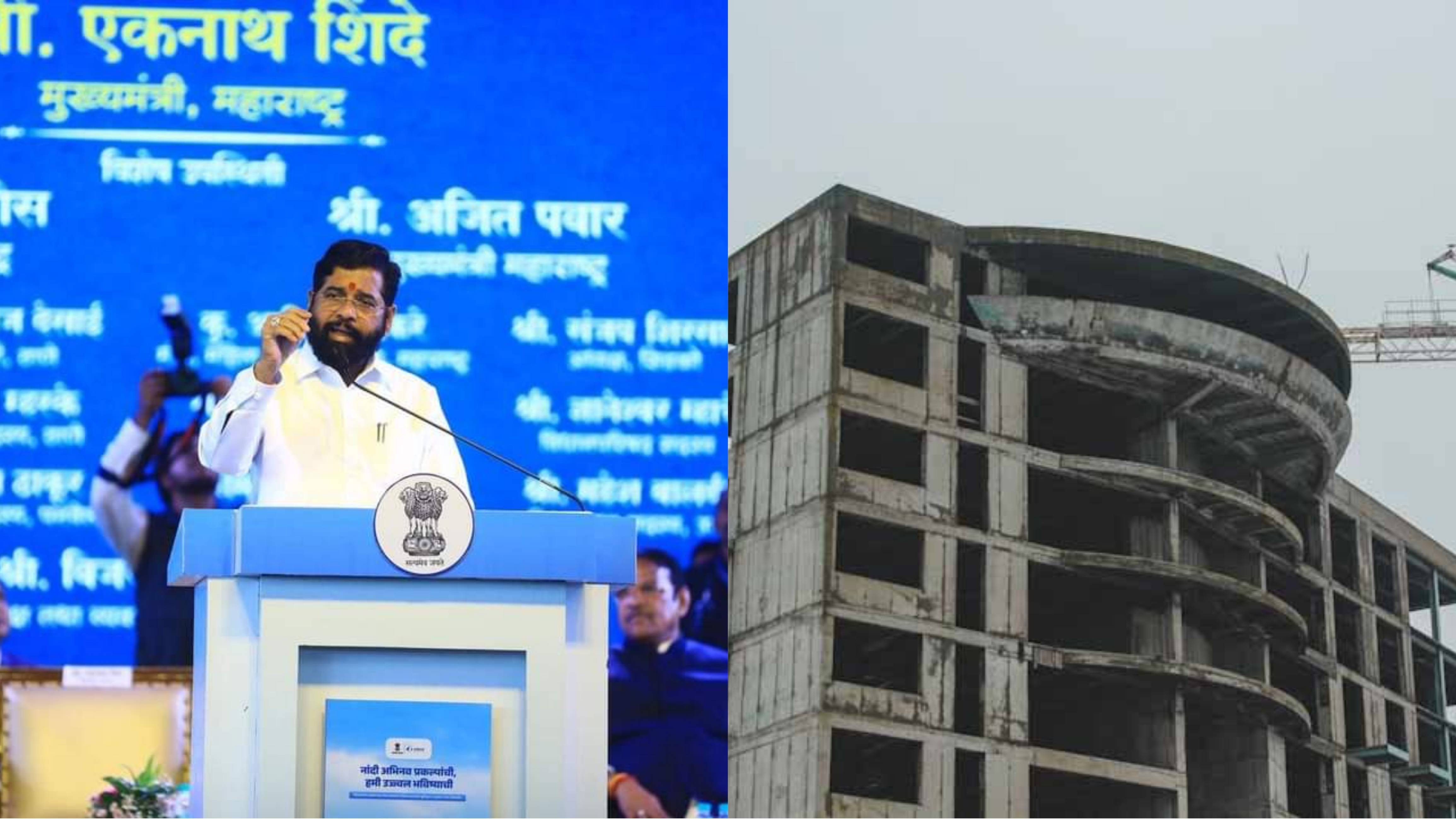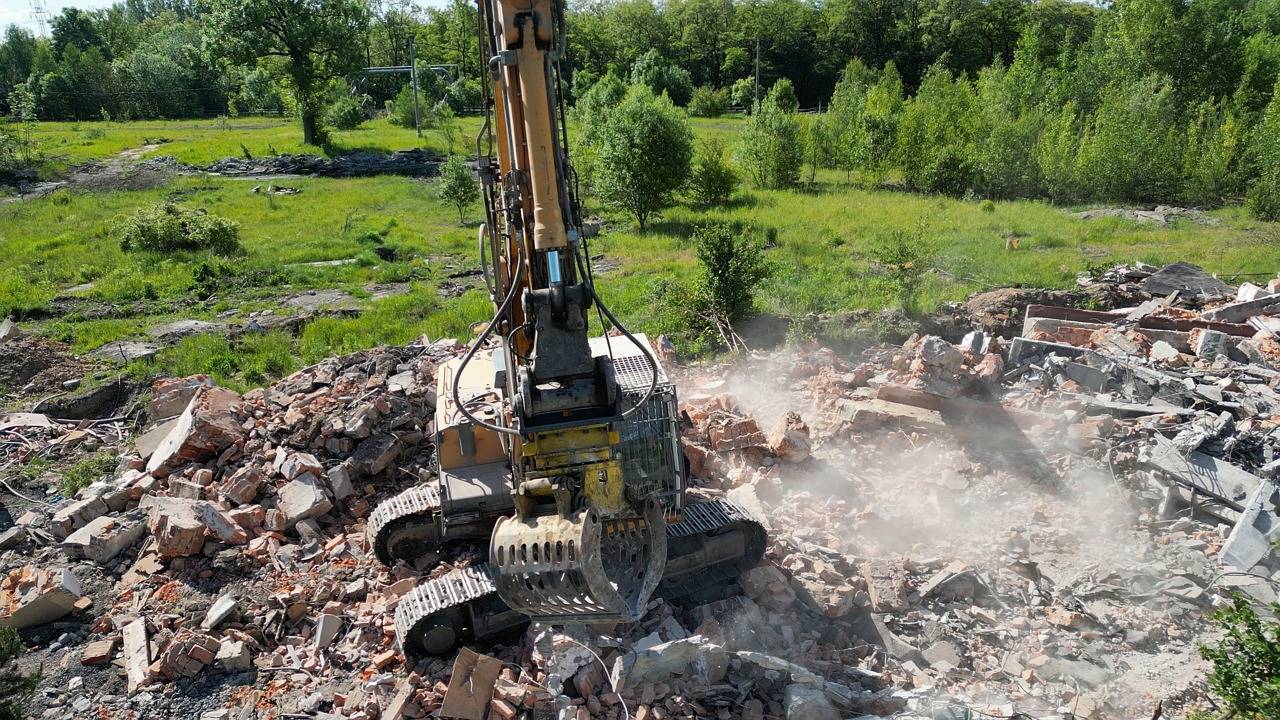The Uttar Pradesh estate department has introduced new regulations targeting property owners who consistently delay their payments. As part of this initiative, those who fail to clear their dues within four months of the stipulated deadline will now face an additional financial burden, with an interest rate of 9.15% annually being imposed on the overdue amounts. The department, which manages over 7,000 residential units across the state, is focusing on timely payment as a measure to address operational and maintenance challenges, especially in key government colonies in Lucknow.
The decision is driven by the persistent issue of late payments, which have created significant administrative difficulties. As a result, the estate department has opted to enforce the interest penalty to ensure that occupants are encouraged to settle their dues on time. The interest rate will be calculated based on the prevailing SBI External Benchmark Linked Rate (EBLR), ensuring that the penalty aligns with market rates. Property occupants who pay on time will be exempt from the interest charges, reinforcing the department’s aim to improve payment discipline.
The estate department has already taken steps to streamline the payment process by introducing an online system a year ago, aimed at making payments more convenient and reducing delays. The department manages a large portfolio of properties, including several high-profile government colonies in Lucknow, such as Kalidas Marg, Raj Bhavan Colony, and Butler Palace. These properties are vital not just for the state government’s functioning but also for housing officials and government employees. The estate department is also responsible for maintaining key infrastructure, including the state secretariat, guest houses, and MLA hostels.
Delays in payments have had a direct impact on the upkeep of these properties. Reports from residents highlight the deteriorating conditions in several colonies due to overdue maintenance. One of the major complaints from occupants includes irregular water supply, with those residing on upper floors being particularly affected. Additionally, issues such as water seepage in walls have become common, underscoring the need for regular maintenance. The lack of timely payments has impeded the department’s ability to carry out necessary repairs and upkeep.
The estate department is well aware of these maintenance challenges and recognizes the need for regular payments to address them. Properties that are leased at nominal rents are especially prone to these issues, as the lower rental amounts do not compensate for delayed payments. However, the department is clear that while maintenance needs to be addressed, timely payment from all occupants is a non-negotiable requirement. A list of defaulters is currently being prepared, and recovery notices are expected to be issued soon to those who have not cleared their dues.
The introduction of the 9.15% interest on late payments is expected to prompt a more disciplined approach to paying dues. The estate department is aligning the penalty with market conditions, ensuring that the interest rate remains competitive. This measure is not just about penalizing late payments but also about creating a more efficient system for managing government properties. By ensuring timely collection of dues, the department aims to allocate resources better for maintenance and upkeep, benefiting all occupants in the long run.
By addressing the root cause of payment delays and imposing penalties, the estate department is working to resolve the larger issue of maintenance backlog in these government colonies. Occupants who settle their dues on time will not face any additional financial burden, reinforcing the importance of adhering to deadlines. This approach is intended to improve both the financial and operational aspects of managing the state’s residential properties.









.png)